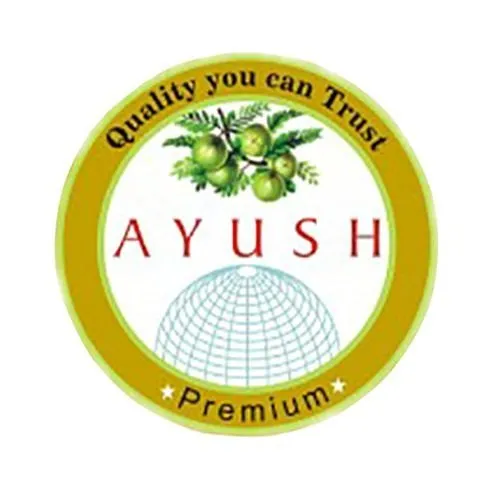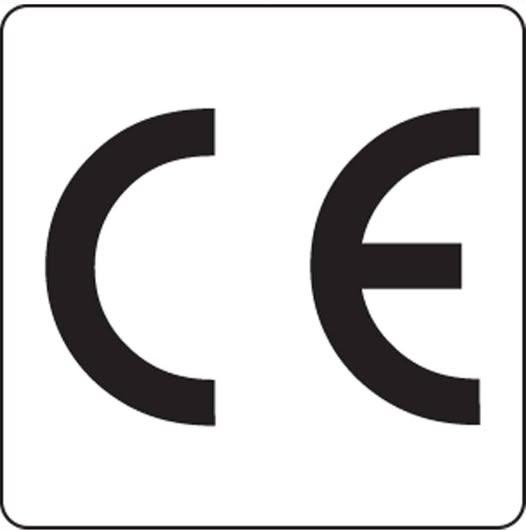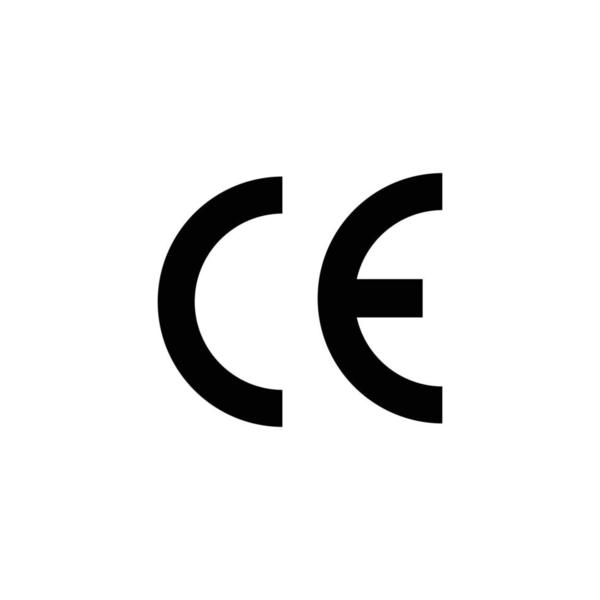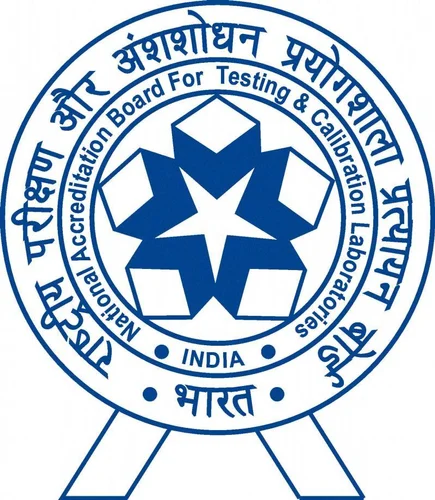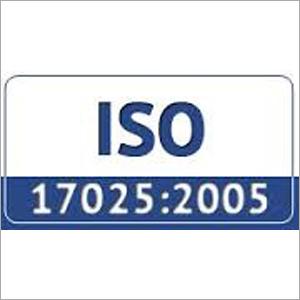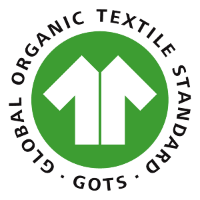CE Certification
CE Marking Certification in Indore
At Shark Certification Pvt. Ltd., we assist manufacturers, exporters, and importers in obtaining CE Marking, which is a critical requirement for products entering the European Economic Area (EEA). CE Marking signifies that a product complies with harmonized European standards and meets essential requirements related to health, safety, and environmental protection.
What is CE Marking?
CE stands for Conformité Européenne, meaning European Conformity. It is not a quality label, but a mandatory declaration of conformity indicating that a product adheres to applicable EU directives and regulations.
By affixing the CE Mark, the manufacturer takes full responsibility for the product’s compliance with relevant EU legislation—allowing free movement and market access across all EU member states, including Iceland, Liechtenstein, and Norway.
Why is CE Marking Important?
✔ Market Access to the EU – Acts as a trade passport for seamless entry into the European market
✔ Compliance with Unified Standards – Ensures that the product complies with standardized EU regulations instead of varying national rules
✔ Increased Buyer Confidence – Demonstrates product safety, regulatory compliance, and adherence to environmental standards
✔ Avoids Legal Barriers – Eliminates the need for re-certification across multiple EU countries
✔ Mandatory for Certain Products – Essential for machinery, electrical devices, toys, medical equipment, construction materials, and more
Applicable EU Directives Include:
Machinery Directive (2006/42/EC) – For safety in design and operation of machinery
Low Voltage Directive (2014/35/EU) – Applies to electrical equipment operating between 50–1000V AC and 75–1500V DC
EMC Directive (2014/30/EU) – Ensures electromagnetic compatibility of electrical and electronic devices
Medical Device Directive, Toy Safety Directive, RoHS, and more – Based on product category
Steps to Obtain CE Marking
Identify Relevant Directives & Standards
Determine which EU legislation applies to your product, including applicable harmonized standards.
Product Evaluation
Assess whether the product meets essential health, safety, and environmental protection requirements.
Product Testing
Conduct in-house or third-party testing based on specific directive requirements.
Compile Technical Documentation
Create a technical file including:
Product specifications and risk assessment
Test reports and certifications
Declaration of conformity
User manuals, safety data sheets, etc.
Affix CE Marking
Once conformity is ensured, apply the CE logo to your product and issue the formal EU Declaration of Conformity.
Documents Required for CE Marking
Product Specifications and Description
Relevant Test Reports
Risk Assessment Report
Manufacturer’s Declaration
Proof of Conformity with EU Regulations
Technical Construction File
Why Choose Shark Certification Pvt. Ltd. for CE Marking?
At Shark Certification Pvt. Ltd., we bring deep regulatory expertise and a client-centric approach to guide you through the entire CE Marking process. Whether you're a domestic manufacturer or an international exporter, we support you in:
✅ Identifying applicable EU directives and standards
✅ Conducting gap analysis and risk assessments
✅ Coordinating required product testing
✅ Preparing all technical and regulatory documentation
✅ Liaising with notified bodies, where needed
✅ Achieving full CE compliance and affixing the CE logo
Confidently Enter the EU Market with Shark Certification
With a team of qualified experts and in-depth knowledge of EU compliance pathways, Shark Certification Pvt. Ltd. ensures that your product meets all legal obligations under CE Marking. Let us help you navigate regulatory complexity and unlock new global market opportunities.
📞 Contact us today for expert CE Certification support tailored to your industry and product type.
Shark Certification Pvt. Ltd. provides reliable and expert CE Certification services in Indore, guiding businesses through the process of ensuring their products meet European Union standards. CE Certification is essential for verifying that products meet the safety, health, and environmental requirements set by the EU before being sold within its market. With years of experience in certification, Shark Certification Pvt. Ltd. offers professional advice and support, ensuring that your products comply with all necessary regulations. Their process is straightforward, covering everything from initial product assessment to testing and final certification, with customized solutions tailored to your specific needs. The company prioritizes efficiency, ensuring a swift certification process to help you bring your products to market quickly. Achieving CE Certification not only guarantees compliance but also enhances your product's global credibility. Shark Certification Pvt. Ltd. serves multiple industries such as electronics, machinery, medical devices, and toys, offering continuous assistance to ensure your products remain in compliance. For businesses in Indore looking for dependable CE Certification services, Shark Certification Pvt. Ltd. is the trusted partner to help you meet EU regulations and expand your market reach.
Send Message

